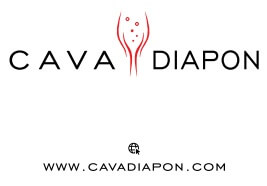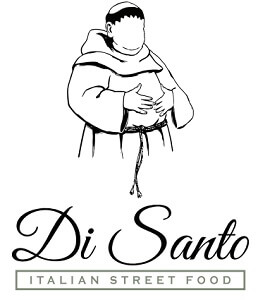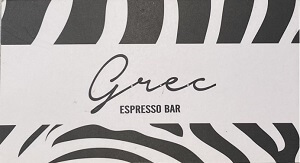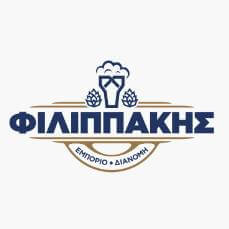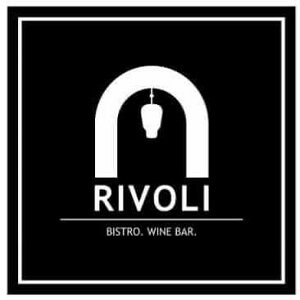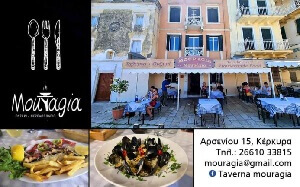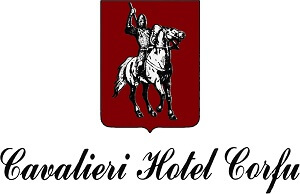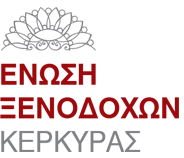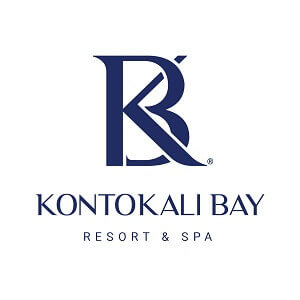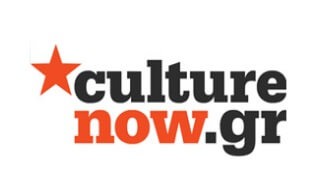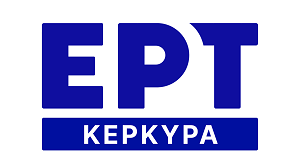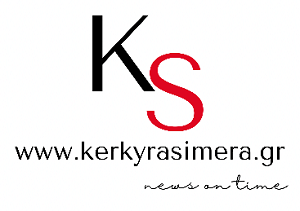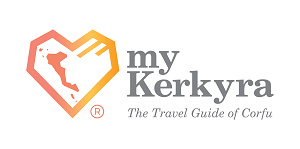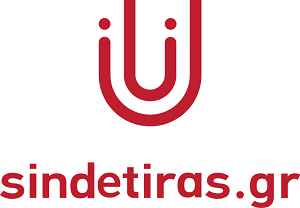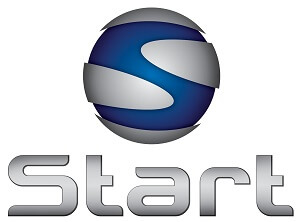In this paper we present the Art of Living, a transmedia project developed during 2019, aiming to promote culture, tourism and heritage. Building on previous experience and adopting a methodological framework pertaining to transmedia design, practice based research, user experience design and gamification, Art of Living presents a novel approach in tourism applications, since its conception and implementation was tapping to artistic practices rather than following a commercial production workflow. By largely adopting new and extended reality technologies, the project presented novel ways of multimedia presentation infused with gamified elements, hence leading to an engaging hybrid experience, simultaneously unfolding within the physical and virtual space. The project started in Corfu and evolved locally as the Ionian Experience | Art of Living transmedia expansion. In 2022 it was further expanded in Malta, following the path of Odysseus based on the archaeological discipline of Homeric geography and creating the transmedia expansion Art of Living | Odyssey.
More specifically, the project consisted of immersive videos, interactive maps, virtual reality art exhibitions, animation videos, physical objects, a social media campaign and a tourist booth designed for international exhibitions. The project was designed and implemented by Demitri Delinikolas, the media company emptyfilm and the University of Athens, in collaboration with the Laboratory of Interactive Arts of the Ionian University (inArts) and the professor Yannis Deliyannis, the researcher and tourism specialist Natassa Pandi, the company Corfu4All, the architectural company 2tropoi and was promoted by the Hellenic Tourism Organization (EOT). When the project expanded internationally the first partner to be included was the University of Malta.
The island of Corfu was selected due to its natural, historical and touristic attractions, as well as due to the mythos identifying the island as the one of the Phaeacians of the Odyssey, the latter being a recurring theme to the artist’s body of work. Inspiration was drawn from the location of Kardaki, where, according to the myth, Nausicaa found Odysseus shipwrecked.
Objective
The project began with the design of a gamified transmedia experience which included an interactive map of the island and a series of immersive videos assigned to different parts of Corfu. The VR videos contained parts of a riddle that lead to the discovery of The Hidden fountain Kardaki where homeric archaeology places the meeting of Odysseus and Nausicaa and is imbued with other contemporary legends. The idea of a map, as an object being found in both virtual and physical space, was selected in order to bridge the two environments and create a hybrid spatial experience. To this end, apart from the adopted video mapping practices, a printed version of the map was designed, reminiscent of the treasure maps of olden times. More specifically, the printed map was enclosed in glass bottles, drawing on the pirate stories paradigm, or printed on cheap paper tablecloths used in local taverns.
In this manner, the audience could be introduced to the experience due to stimuli afforded both by the physical and the digital environment, allowing for multiple entry points to the narrative world. The audience would be hence engaged in a hybrid story, urging them to watch the videos and be motivated to travel to different destinations of the island. Also the solution of the riddle provides the discovery of additional clues that lead the travellers to Malta and specifically the island Gozo, where the famous Calypso cave is situated. According to the myth, the latter was the place that Odysseus spent 7 years before starting the journey of his return to Ithaca. A similar map was created for the island of Malta, following new methods of gamification, as well as a physical exhibition of Art of Living.
The aim of this project is to use new media technologies to motivate movement in physical space and help tourists discover the link between heritage and contemporary culture in a seamless and ludic way.
Method
This work presents the methodology employed within the design and development of the project, while further extensions are discussed. The project followed a practice based research methodology alongside transmedia design research, homeric archaeology, user experience research and ludification- gamification methods. Based on research data collected during 2017-19, it was observed that a large number of the visitors of Corfu were not motivated to explore the island and often ended up staying in all inclusive hotels and specific areas. Pursuing a differentiation strategy, the team started to investigate more fields of action and develop a series of transmedia projects, in order to reach larger groups of visitors. After completing the map, the team initially focused on the design of a tourist kiosk that could represent Corfu in foreign tourism fairs. The aim of the kiosk was to present promotional material in traditional and digital multimedia forms and to act as a physical transmedia platform supported by the use of virtual reality devices.
Conclusion
The project attracted great interest from National Press and Media and by the Greek National Tourism Organisation. The GNTO expressed their specific interest in further applications of transmedia gamification methods in other destinations. During the pandemic, the project used the transmedia approach to create a #StaySafe campaign and an animated spot for the easter celebrations, based on paintings of local artists, thus highlighting the potential of transmediality to adapt to extremely harsh and unprecedented conditions for tourism. This expanded the project into an ever expanding transmedia universe called Ionian Experience, which allowed for the creation of many more local projects in Corfu.
When the discipline of homeric geography was introduced in Art of Living, it unlocked the potential of the project to expand internationally through the epic journey of Odysseus and ushered the project to its next evolution Art of Living | Odyssey; a journey through the arts of the future, exploring contemporary culture and led by the most ancient of legends.
Demitri Delinikolas is a film director, producer and new media artist based in Athens. He works in the conjunction of new media, art and philosophy, in the fields of animation, documentary, cinematic VR, augmented Reality, tourism, culture and narrative storyworld co-creation. His PhD in the University of Athens is on collaborative production, trans-media storytelling, XR and blockchain IP management. He has worked as a commercials director since 2008 and his work in film has received several awards in international festivals. Since 2019 he is a lecturer at the University of Athens Digital Arts and Cinema course. He has founded the collective emptyfilm.com.
Back
SPONSORS
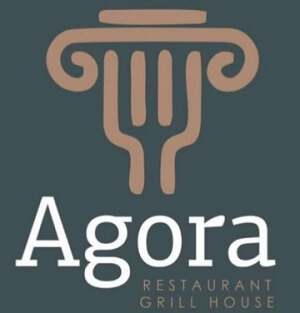 Agora Restaurant Grill House
Agora Restaurant Grill House Lupin Aperitivo Espresso Bar
Lupin Aperitivo Espresso Bar


